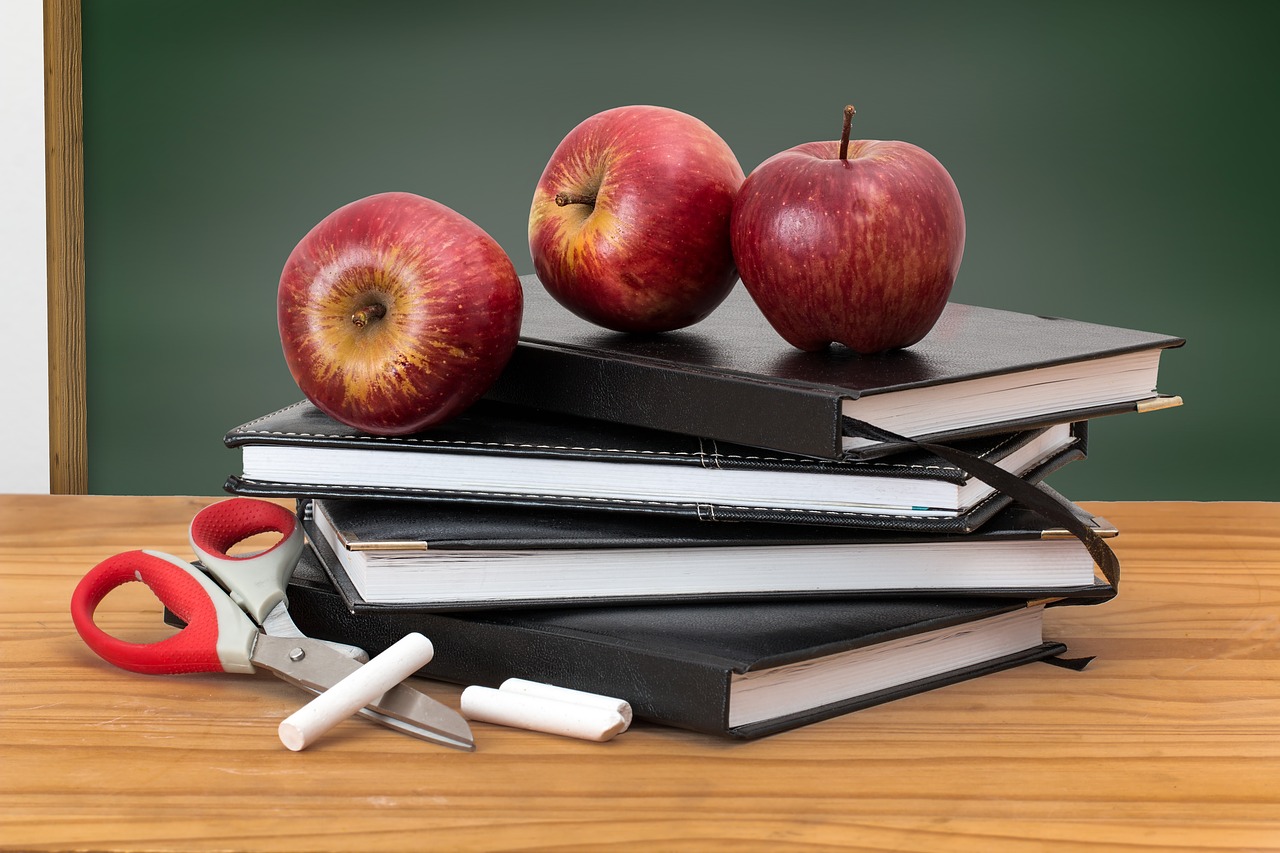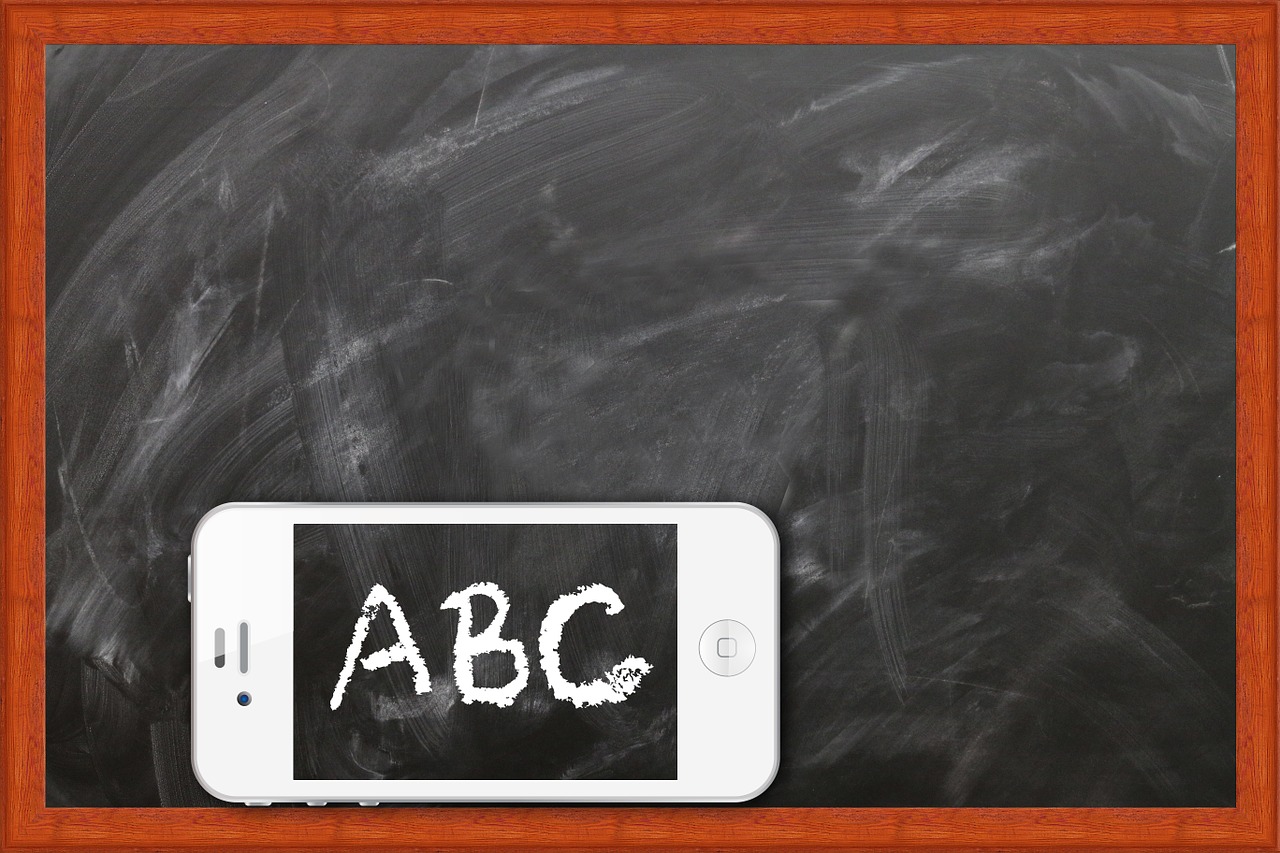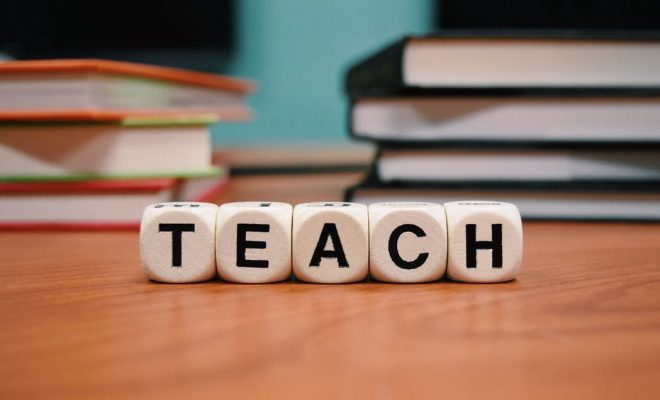Edtech Can’t Replace Poor Instruction

Edtech has not delivered on its promise to transform education. In fact, schools seldom realize the full promise of education technology. Are we expecting too much from technology? A new OECD report, Students, Computers and Learning: Making the Connections, has found that investing heavily in ICT for education doesn’t lead to appreciable improvements in student achievement in reading, math or science.
It seems the use of computers, iPads and online teaching materials doesn’t translate into improved learning outcomes.
Expert: technology can’t replace poor teaching
“Technology can amplify great teaching but great technology cannot replace poor teaching,” Andreas Schleicher, Director of the organization’s Directorate for Education and Skills said, and added the reality in schools “lags considerably behind the promise of technology”.
The OECD report found that despite the pervasiveness of information and communication technologies (ICT) in our daily lives, these technologies have not yet been as widely adopted in formal education. And where they are used in the classroom, their impact on student performance is mixed, at best, writes Schleicher. Even countries that have invested heavily in ICT for education have seen no noticeable improvement in their performances in PISA results for reading, mathematics or science, according to the report.
Reading and mathematics literacy is paramount
Ensuring that every child reaches a baseline level of proficiency in reading and mathematics will do more to create equal opportunities in a digital world than solely expanding or subsidizing access to high-tech devices and services, says the OECD.
Frequent computer use leads to poor results
As for computer use, the study found that students who use computers moderately at school tend to do better in their studies than students who seldom use computers. However, students who use computers very frequently at school do much worse, even after accounting for social background and student demographics. Data from the 2012 PISA (Program for International Student Assessment) for 15-year-olds were analyzed to compare the digital skills of students and learning environments.
Effective integration is necessary
Technology on its own is not going to improve teaching and learning outcomes. “School systems need to find more effective ways to integrate technology into teaching and learning to provide educators with learning environments that support 21st-century pedagogies and provide children with the 21st-century skills they need to succeed in tomorrow’s world,” said Schleicher.
We need technology to dramatically expand access to knowledge. However, to get the best out of technology and the promise it holds, countries need to invest more effectively and ensure that teachers are at the forefront of designing and implementing this change, said Schleicher.
The findings of this report are clear: spending time online does not mean better learning. It is also evident that students must be taught how to use their critical thinking skills in order for them to do meaningful research online. And, no surprise, the report points out that reading literacy is as essential as digital literacy.
The point is, simply giving students computers and letting them loose on the internet, does not mean they don’t need to be taught properly. Edtech should complement good pedagogy, not attempt to replace it.






